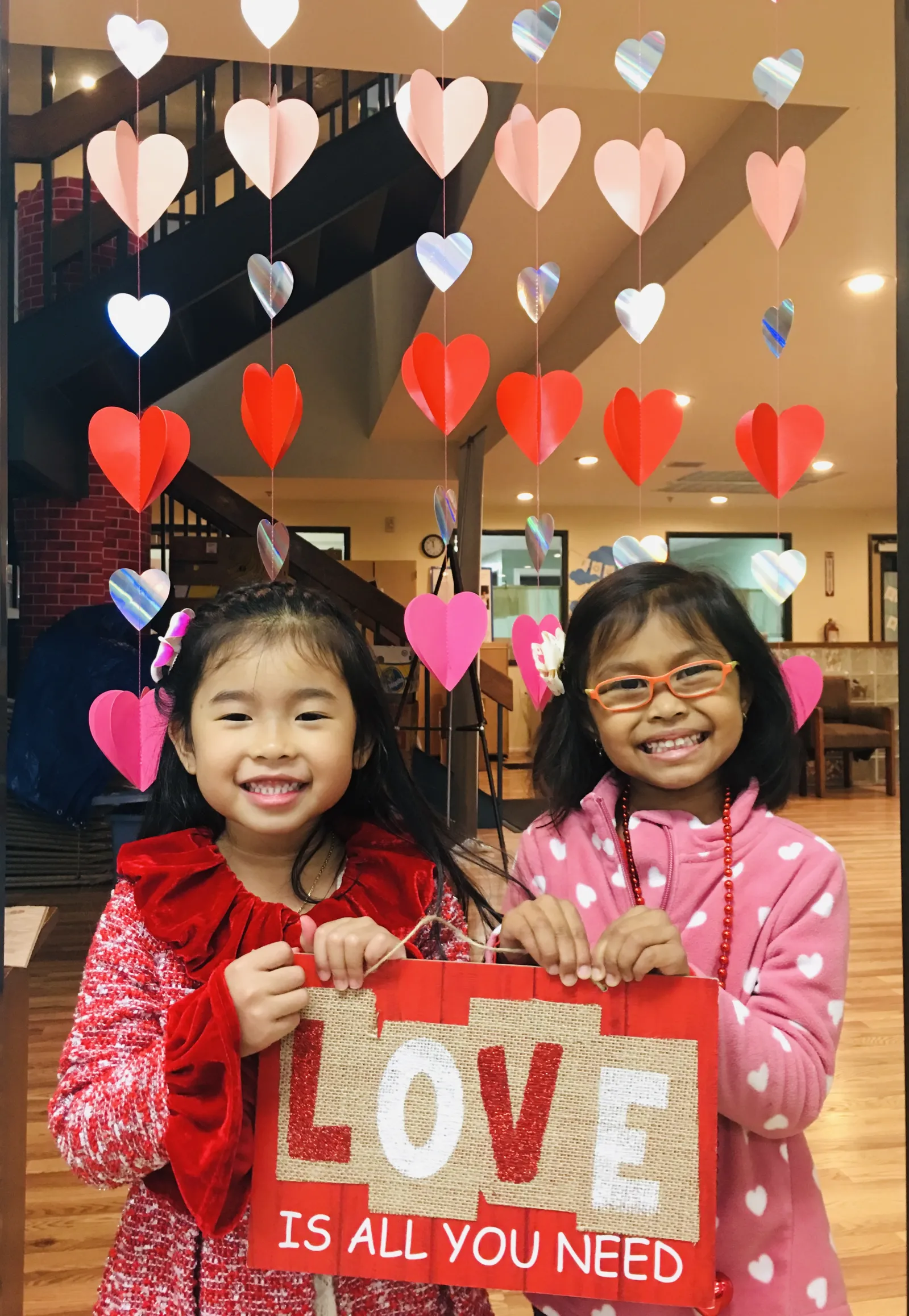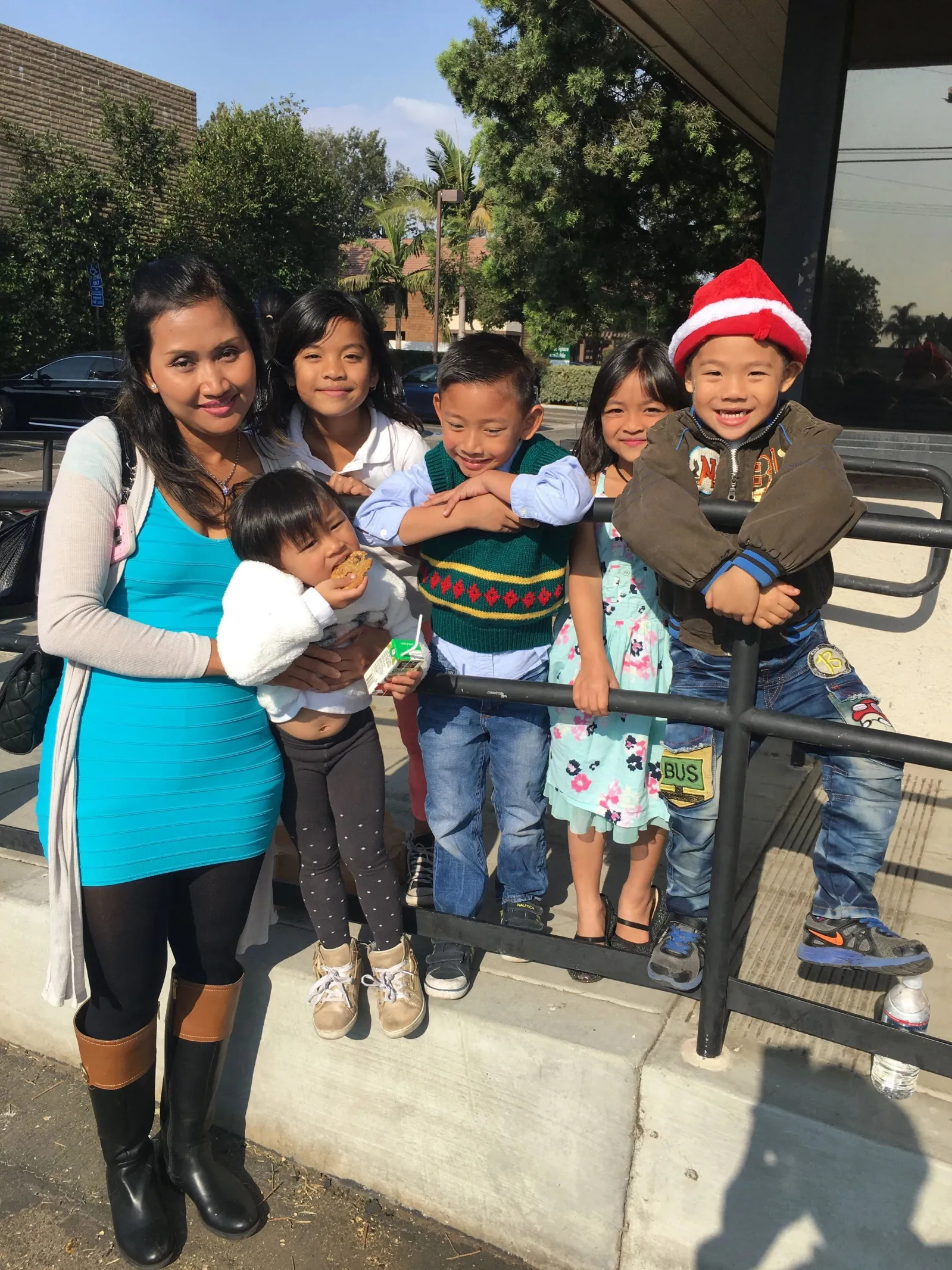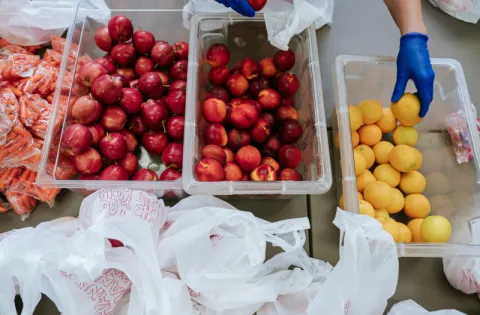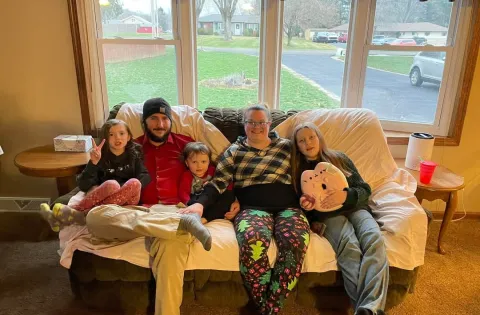“The families we serve never really leave us,”
said Amina Sen-Matthews, health program director at The Cambodian Family, an organization serving immigrant & refugee families in Santa Ana, Calif.

She remembers the story of a young immigrant woman who was pregnant and arrived all by herself to The Cambodian Family Community Center in Orange County, Calif. Sen-Matthews, then a case worker, was there from the beginning, guiding her through her rights and benefits, supporting her with healthy choices during pregnancy, and even organizing a baby shower for her.
“When it was time for her to give birth and she was in labor, she called me,” Sen-Matthews shared. “I'm really touched by that, but at the same time I was really sad that she didn't have anyone else to call.”
She was there for the young woman, translating during labor and supporting them through the first years of the child’s life.
“I found out her child is 6 or 7 years old now and we've been there for her since the birth of her child.”
The Cambodian Family, a No Kid Hungry early childhood program grantee, takes a comprehensive approach to supporting immigrant and refugee families in Orange County. They offer translation services, support accessing benefits and navigating applications, health and mental health care navigation and assistance, transportation and even personal and emotional support in moments of crisis.
The organization has been serving the community since 1980. It was founded by a group of Cambodian refugees who escaped the genocide that took the lives of over 2 million people in the late 1970s. Sen-Matthews herself came as a refugee from Cambodia when she was a baby.
As Vattana Peong, executive director of the organization explains, their focus was to help other Cambodian refugees resettle, but they have expanded to support other immigrant groups from Latin America, North Africa and Asia.
The Cambodian Family, through their interactions with members of the community, has recognized the importance of healthy food during early childhood. An essential part of their work has been assisting families with children under the age of six access benefits such as WIC, a federal program that offers supplemental foods for low-income pregnant women and to children up to age five.

The onset of the pandemic was particularly challenging for families who needed these benefits.
During this time, changes to a piece of immigration law called public charge, which affected the immigration status of many immigrants and refugees receiving public benefits, made families withdraw their WIC and similar benefits out of fear of deportation and immigration-related consequences. The revised version of the law was dismissed earlier this year.
“The damage has already been done, so we need to work around that,” said Peong, explaining how this created fear in our community members to apply for needed benefits, for which they are qualified.
With the assistance of No Kid Hungry’s grant, The Cambodian Family will continue the work that they have identified as a priority. They will continue reaching out to families, particularly monolingual parents and those who have lost their jobs, educating them about their rights & resources, and giving dozens of infants and pregnant moms access to the food they need in that critical moment of their children's development.
As we celebrate Asian America and Pacific Islander (AAPI) Heritage Month, we would like to highlight the work of The Cambodian Family, an organization started by Cambodian refugees, becoming a guide and a family for immigrants during challenging moments.


